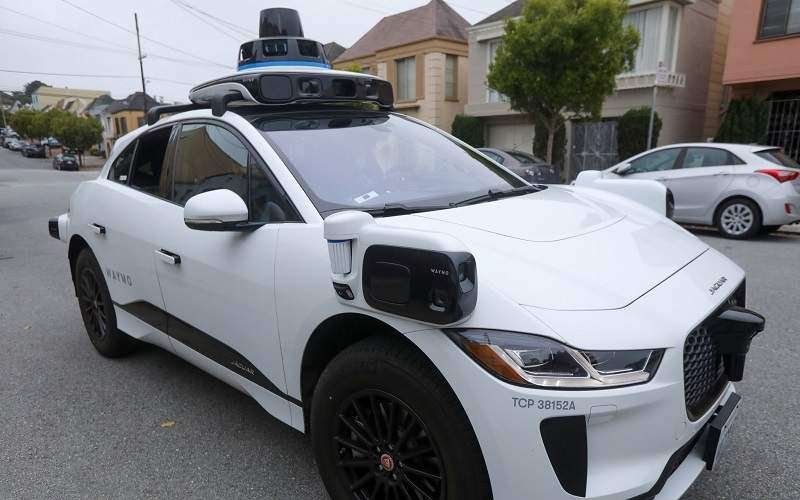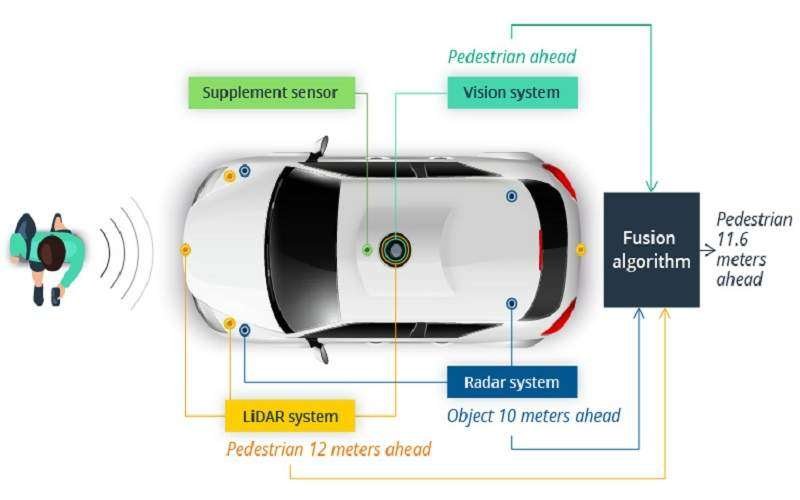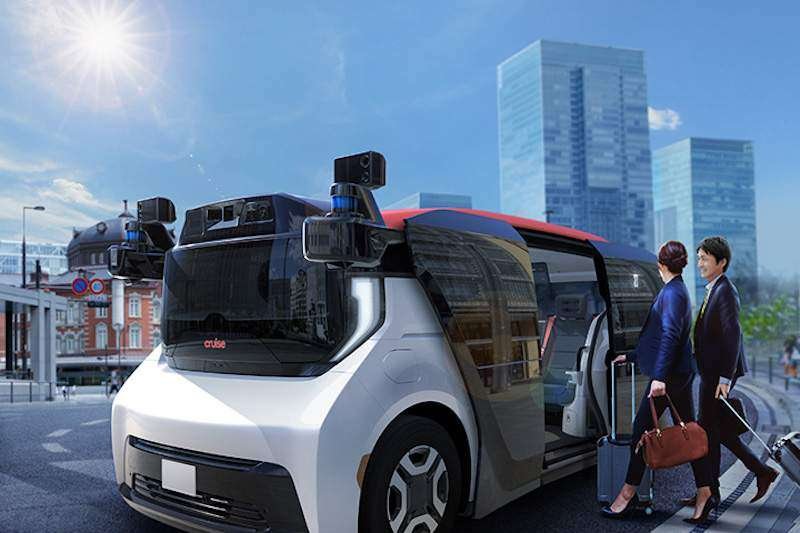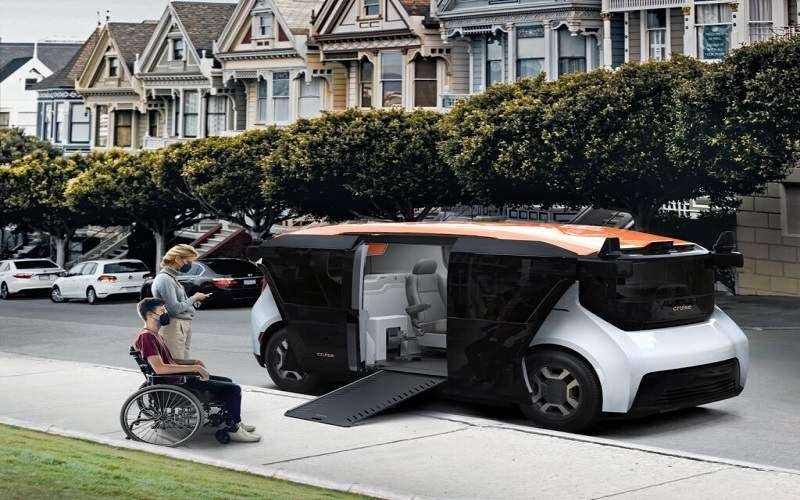
AI in Autonomous Vehicles: Advancements and Challenges
Autonomous vehicles, once a futuristic concept, are now becoming a reality thanks to the advancements in Artificial Intelligence (AI).
AI plays a pivotal role in enabling self-driving cars to perceive and understand their surroundings, make real-time decisions, and navigate safely on the roads.

In this blog post, we will explore the latest advancements in AI for autonomous vehicles, delve into the challenges they face, and discuss the potential impact of this transformative technology on transportation and society as a whole.
Advancements in AI for Autonomous Vehicles
1. Sensor Fusion and Perception:
Autonomous vehicles rely on a combination of sensors, including cameras, radar, lidar, and ultrasonic sensors, to perceive the environment.

AI algorithms process data from these sensors to accurately detect and classify objects, recognize traffic signs, and interpret road conditions.
2. Deep Learning and Neural Networks:
Deep learning algorithms, particularly Convolutional Neural Networks (CNNs), have revolutionized object detection and recognition in autonomous vehicles.
CNNs can identify pedestrians, vehicles, and other obstacles with high accuracy, enhancing the safety and reliability of self-driving cars.
3. Decision Making and Planning:
AI algorithms enable autonomous vehicles to make intelligent decisions in complex driving scenarios. Reinforcement Learning (RL) techniques allow cars to learn from experience and optimize driving behavior, ensuring smooth lane changes, safe braking, and adaptive responses to dynamic road conditions.
4. Real-Time Mapping and Localization:
AI-based Simultaneous Localization and Mapping (SLAM) techniques enable autonomous vehicles to build and update precise maps of their surroundings in real-time.

These maps help the vehicles navigate accurately, even in challenging environments or when GPS signals are unreliable.
Challenges in AI for Autonomous Vehicles
1. Safety and Liability:
Ensuring the safety of autonomous vehicles and addressing liability concerns remain significant challenges. AI systems must be robust enough to handle unpredictable situations and make decisions that prioritize human safety.
2. Ethical Decision Making:
Autonomous vehicles may encounter situations where they have to make split-second decisions with ethical implications.

For example, in a potential collision, should the vehicle prioritize the safety of its occupants or other road users? Developing ethical frameworks and guidelines for AI decision making is a complex task.
3. Regulatory and Legal Frameworks:
The widespread deployment of autonomous vehicles requires the development of comprehensive regulatory and legal frameworks.
Ensuring compliance, establishing liability standards, and addressing privacy concerns are crucial aspects that need to be addressed.
4. Data Security and Privacy:
Autonomous vehicles generate massive amounts of data, raising concerns about data security and privacy.

Safeguarding sensitive information from cyber threats and ensuring responsible data handling practices are critical for the acceptance and adoption of self-driving cars.
The Future Impact of AI in Autonomous Vehicles
The advancements in AI for autonomous vehicles hold tremendous potential to transform transportation and society. Here are a few anticipated impacts:
1. Safety and Efficiency:

With AI-enabled self-driving cars, accidents caused by human error can be significantly reduced, leading to safer roads and enhanced traffic efficiency.
2. Mobility and Accessibility:

Autonomous vehicles can provide mobility solutions for individuals with disabilities, the elderly, and those without access to private transportation, thereby improving inclusivity and accessibility.
3. Environmental Benefits:
AI-powered autonomous vehicles can optimize driving routes, reduce traffic congestion, and minimize fuel consumption, contributing to a more sustainable and eco-friendly transportation system.
Conclusion
The advancements in AI for autonomous vehicles are propelling us towards a future where self-driving cars become a common sight on our roads.
With AI’s ability to perceive the environment, make informed decisions, and navigate safely, autonomous vehicles have the potential to revolutionize transportation, improve road safety, and enhance mobility for all.
However, challenges such as safety concerns, ethical decision making, regulatory frameworks, and data security must be addressed to fully realize the benefits of this transformative technology.





Post Comment